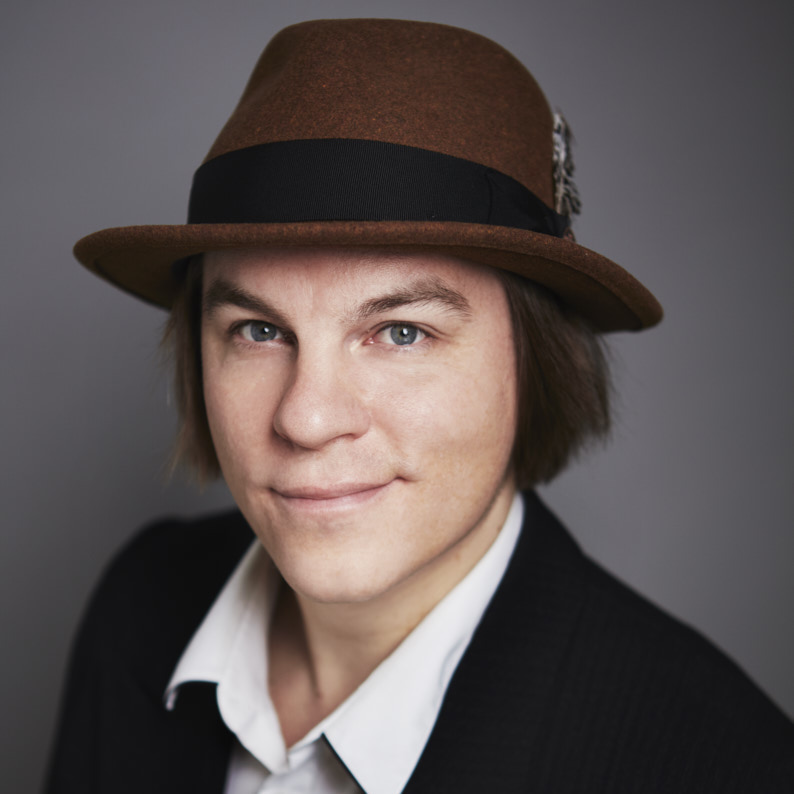Finnish happiness expert seeks to shift governmentsÔÇÖ focus from GDP to well-being

If we can overcome the vagueness of well-being, making it into a more precise and measurable construct, we improve our chances of overturning dominant and potentially harmful economic metrics for progress, says Associate Professor Frank Martela from Aalto University in Finland. His new theory of well-being was recently published in the prestigious Personality and Social Psychology Review.
ÔÇśUsually when you talk about happiness and well-being, you mean the same thing. But in a scientific context, theyÔÇÖre both quite vague. Scientists actually use more precise constructs such as life satisfaction (this is the metric where Finland tops the world) and positive feelings,ÔÇÖ says Assistant Professor Frank Martela from FinlandÔÇÖs Aalto University.
ÔÇśThe economy is ultimately just a tool for transitioning natural resources and human labour into well-being. To avoid the tail wagging the dog, the focus should be on well-being indicators rather than just economic ones,ÔÇÖ Martela says.
ÔÇśHaving, loving and doingÔÇÖ
The global political fixation with GDP and economic growth not only confuses means with ends, says the Finnish researcher, but it can also be dangerously counterproductive. Economic growth is increasingly recognized as an obstacle to humanityÔÇÖs most pressing challenge: ensuring a habitable planet into the future.
To arrive at a better definition of well-being, we must start with understanding human nature and the basic needs that arise from it. MartelaÔÇÖs latest paper identifies the human condition as one of ÔÇśhaving, loving and doingÔÇÖ in that we all have basic physical needs (having), social needs (loving) and needs related to agency (doing).
ÔÇśWe need food, water, and shelter but we also need to be accepted, have caring mutual relationships and a sense of autonomy and mastery in our activities,ÔÇÖ he says. ÔÇśThe crucial question for our time is how to satisfy these needs for as many people as possible globally, while doing this in an ecologically sustainable way, without transcending planetary limitations.ÔÇÖ
Frank MartelaWe also need to be accepted, have caring mutual relationships and a sense of autonomy and mastery in our activities
Governments should target cuts at areas that offer the least well-being
Sustainability is all too often presented as separate elements: ecological, economic and social sustainability. This is a mistake, says Martela, as the three components are clearly interdependent. While ecology sets the limits for all our actions, our economic and social systems have only instrumental value: They are ways of transforming environmental resources and human labour into well-being, which should be understood as the true target of government.
ÔÇśIf planetary limits are exceeded, current prosperity is produced in a way that threatens future generations. A sustainable economic system is one that enables future generations to prosper,ÔÇÖ he says. He acknowledges the importance of also following economic indicators. However, even in situations where governments need to make budget cuts, well-being indicators can help.
ÔÇśWith well-being measurements one can identify the services producing most and least well-being for money, targeting the cuts at the latter. This enables governments to make cuts that harm peopleÔÇÖs well-being the least,ÔÇÖ he says.
ÔÇśLuckily there have been some positive developments in the last fifteen years and more governments are interested in how they should be measuring well-being, and how they can implement that in the policy context,ÔÇÖ says Martela. ÔÇśIf we standardise a more comprehensive measurement of well-being, we make it a more serious alternative for measuring progress.ÔÇÖ
The article, published in Personality and Social Psychology Review, is based on the well-being theory of Erik Allardt, one of Finland's leading sociologists. Martela's model of ÔÇťbeing as having, loving, and doingÔÇŁ combines Allardt's well-being theory with the latest psychological well-being research and self-determination theory.
Contact information:

Read more news

Deepika Yadav leverages technology to improve women's health
Deepika Yadav recently began as an assistant professor at the Department of Computer Science in the field of human-computer interaction (HCI) and interaction design for health and wellbeing.
A new way to measure contagion: the gut bacterium behind blood poisoning can spread like influenza
Neither the antibiotic-resistant nor the highly virulent strains are the most transmissible.
Cross-sectoral working group: Competitiveness, security and green transition must be promoted as a whole
A cross-sectoral working group for universities, businesses and cities is proposing that Finland speed up its international competitiveness, national security and green transition as one entity. The group suggests that, for example, defence procurement could support solutions aimed at a carbon-neutral society.






